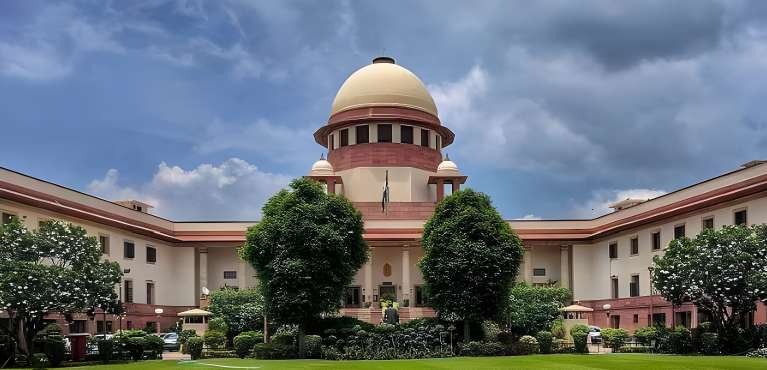
As law students, we are constantly reminded of the fundamental principle of justice: swift and fair resolution of legal matters. In a recent development that left the highest court “unhappy,” the Supreme Court expressed its dissatisfaction with the Telangana High Court’s delay in deciding Member of Parliament Avinash Reddy’s anticipatory bail plea in a murder case. Directing the vacation bench to expedite the decision, the apex court exemplifies its commitment to ensuring timely justice, leaving no room for unnecessary delays.
The case at hand revolves around Avinash Reddy, a Member of Parliament, who sought anticipatory bail in connection with a murder case. Anticipatory bail allows an individual to seek protection from arrest in anticipation of being implicated in a criminal offense. It serves as a safeguard, ensuring that innocent individuals are not subjected to unnecessary detention or harassment.
However, delays in the judicial process can be a cause for concern, particularly when it comes to matters of liberty and personal reputation. The Supreme Court, as the guardian of justice, aims to uphold the sanctity of the legal system and ensure timely access to justice for all. In this case, the court expressed its dissatisfaction with the Telangana High Court’s inability to reach a decision promptly, leading to the intervention of the apex court.
The Supreme Court’s impatience demonstrates its commitment to expedited justice and its intolerance for unnecessary delays. By directing the vacation bench to decide on Avinash Reddy’s anticipatory bail plea, the court reiterates the importance of swift resolution, underscoring that justice delayed is justice denied.
The case also raises broader questions about the efficiency of the judicial system and the need for timely disposal of cases. The courts play a vital role in upholding the rule of law and protecting individual rights. However, when cases languish in the system, it erodes public confidence in the judiciary and undermines the very essence of justice.
This case serves as a stark reminder of the need for a robust and efficient judicial process. It compels us to reflect on the challenges faced by the courts in managing their dockets and emphasizes the imperative of expediting the resolution of cases to uphold the principles of justice.
Moreover, the Supreme Court’s proactive approach in this matter demonstrates its commitment to ensuring fair treatment for all parties involved. The court’s intervention underscores its role as the ultimate arbiter of justice and its duty to safeguard the fundamental rights of individuals, including the right to a speedy trial.
In conclusion, the Supreme Court’s dissatisfaction with the Telangana High Court’s delay in deciding Avinash Reddy’s anticipatory bail plea serves as a powerful reminder of the importance of expedited justice. As law students, we are reminded of the critical role we play in upholding the principles of fairness and efficiency within the legal system. The Supreme Court’s intervention in this case renews our collective commitment to ensure timely access to justice for all, leaving no room for unnecessary delays or infringement upon individual rights. By upholding the values of swift resolution and fair treatment, we can pave the way for a more just and equitable society.
Written by- Gunjan S Jain, 5th Year BBA LLB, St. Joseph’s College of Law intern under legal vidhiya





0 Comments